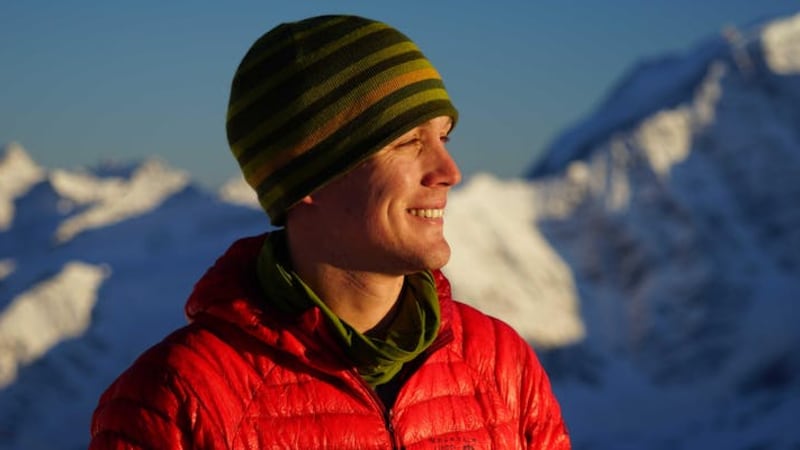Portland endurance athlete Colin O'Brady has issued a lengthy rebuttal to a magazine article claiming he embellished aspects of his history-making solo expedition across Antarctica.
On Feb. 2, National Geographic published an investigation into the 34-year-old's highly publicized attempt to become the first person to cross the continent alone using only his own manpower and without any outside assistance.
The article, titled "The Problem with Colin O'Brady," quotes several polar explorers and experts who call into question O'Brady's account of the journey as presented in his new book, The Impossible First, including the difficulty of the route he took, his claim that it was "unassisted," and the notion that he was the first to accomplish the feat.
In response, O'Brady today made public a 16-page letter addressed to National Geographic's Editor-in-Chief, Susan Goldberg, claiming the article "misrepresents a historic polar expedition by omitting key facts and fails to contextualize a number of items," and requesting a full retraction.
"I stand by every word in my book," he wrote.
The letter contains a point-by-point rebuttal of the article's main allegations against O'Brady.
For example, in the National Geographic article, reporter Aaron Teasdale quotes a passage from The Impossible First, in which O'Brady writes that, at one point during the trip, he entered a stretch where, due to terrain and weather conditions, he was told air rescue would be "impossible."
"With my next steps," O'Brady writes, "I'd be on my own in a way I'd never been before."
But a representative from Antarctic Logistics and Expeditions (ALE), an organization that oversees non-governmental trips on the continent, told the magazine that rescue would have been possible throughout O'Brady's trek.
"There are certainly some expeditions which venture into fairly extreme terrain and rescue would be much more problematic than Colin's route," Iain Rudkin, a travel safely manager for ALE, is quoted as saying, "which is well travelled and in Antarctic terms relatively safe."
In response, O'Brady provides a screenshot of a text from ALE about a particularly treacherous part of the route: "Off strip landings are not normally possible in this area making any resupply and medivac unadvisable."
"There is no doubt that weather and conditions of terrain can prevent rescue by plane," O'Brady concludes.
Elsewhere, O'Brady defends his use of the South Pole Traverse, or "SPoT road," described in the article as "a graded and flagged vehicle route used frequently by wealthy tourists." O'Brady asserts that he was transparent about his use of the road both before and after the trek, and writes that it "was the only route that ALE was willing to support logistically for soloists that year."
Regardless, O'Brady writes, ALE confirmed that O'Brady met the accepted definitions of "a solo, unsupported, and unassisted transantarctic crossing" and provides a link to their website referring to him as "the first person to successfully complete this objective."
In addition, O'Brady provides examples of previous correspondence from several of the "polar authorities" who were critical of him in the article, congratulating him on his accomplishment "with no indication of controversy."
In a section of the letter titled "Acknowledging Mistakes," O'Brady also addresses accusations of bullying behavior while on a prepatory group trip in Greenland, issuing an apology while noting that his recollection of those events "do not match what I read in the article."
"I recognize that some feelings were obviously hurt, and for that I am deeply sorry," he writes.
Read the full letter here.
National Geographic did not immediately respond to WW's request for comment.

